Tag: books
-
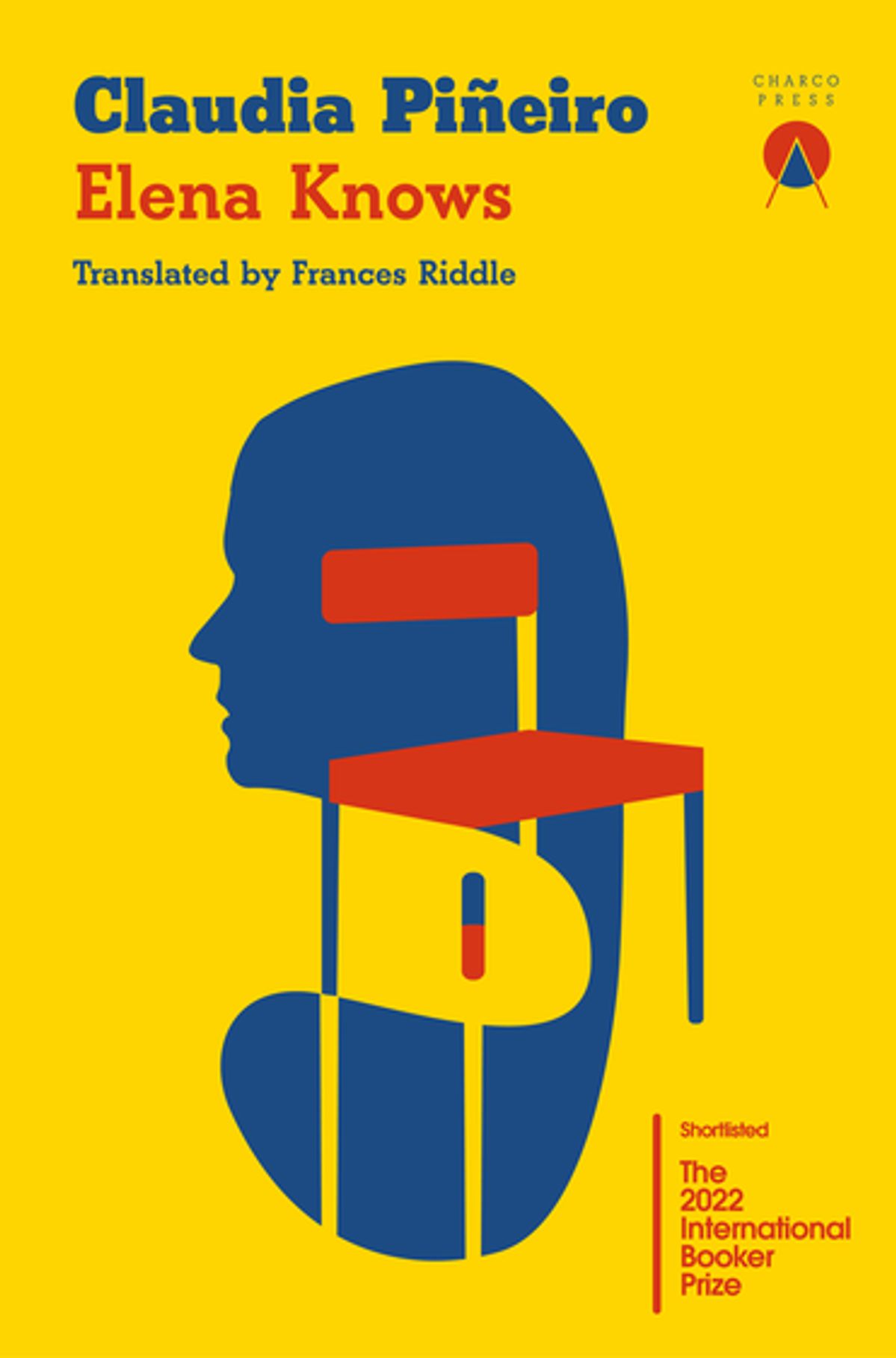
Elena Knows, Pineiro (2007)
Claudia Piñeiro is one of Argentina’s most successful authors. She’s also a pro-choice activist, having lent her voice to the successful effort to legalize abortion in Argentina. Elena Knows is Piñeiro’s effort to portray, in uncompromising terms, what the responsibility of caregiving entails. The debate around abortion typically revolves around political and religious values—what is…
-
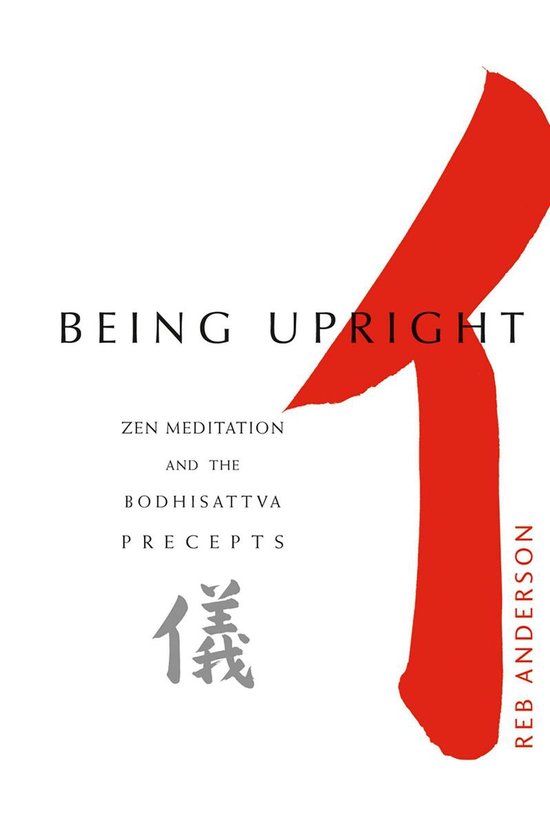
Being Upright, Anderson (2001)
The Bodhisattva precepts are not commandments. They are descriptions of the world as it is. That we humans don’t see that, or don’t quite believe it, is why books like Being Upright need to be written. Reb Anderson, senior dharma teacher of San Francisco Zen Center, one of North America’s most venerable Buddhist institutions, does…
-
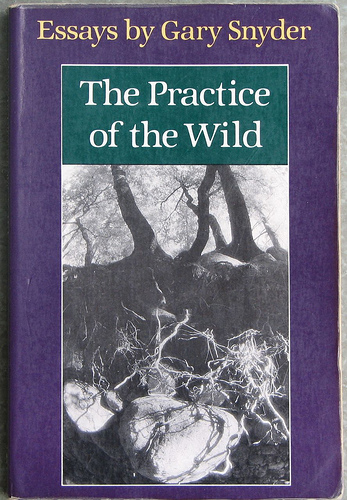
The Practice of the Wild, Snyder (1990)
The ideas contained within Practice of the Wild may be the only ideas powerful enough to stave off the looming ecological and political apocalypses of the twenty-first century. I acknowledge the grandiosity of this statement. My only defense is that the ideas in this book are not the work of one man. They are the…
-

Outline, Cusk (2014)
Cusk’s method is creative and straightforward: define the narrator through negative space. Outline is a record of ten conversations in Athens. In each, the narrator Faye is almost silent; even her thoughts are outward-facing, rarely self-reflective. She listens to stories about heartbreak and identity, how relationships gradually create and erase and smudge our selves. She…
-
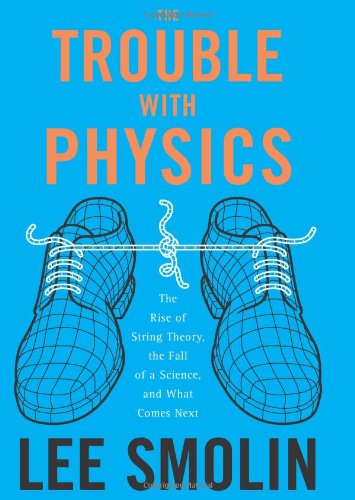
The Trouble with Physics, Smolin (2006)
If Lee Smolin is right, the first half ofThe Trouble with Physics is destined to be forgotten. A decade or two hence, string theory may feel like a fever dream—a kaleidoscopic rush of ideas, some brilliant, some absurd, but the whole ultimately incoherent. If that’s the case, then the details of string theory will become…
-
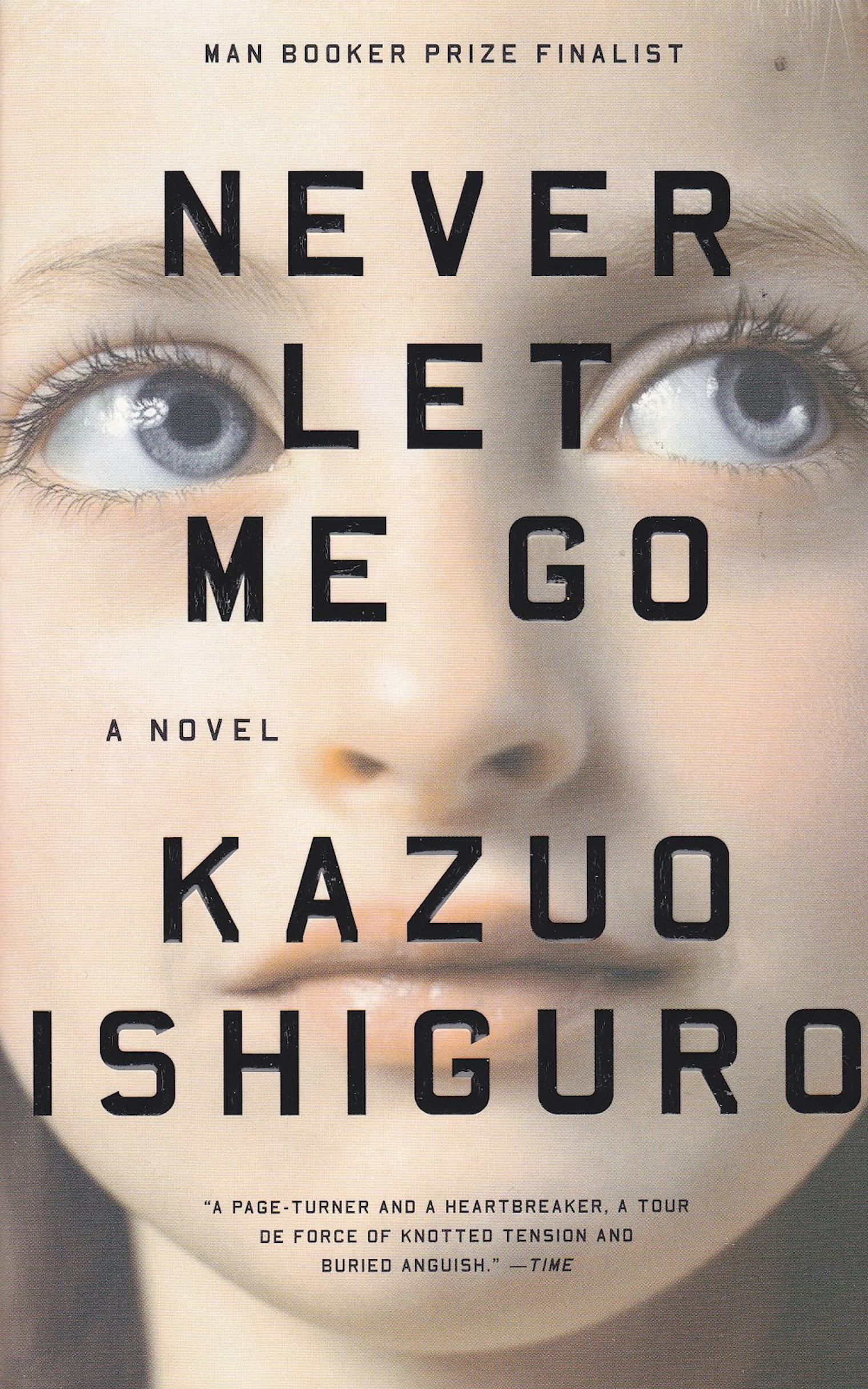
Never Let Me Go, Ishiguro (2005)
There is a passage near the end of Never Let Me Go that speaks about the inertia of the suffering we cause others (“By the time people become concerned…There was no going back”). Living requires that we cause pain to other beings. There is no avoiding killing microbes with every breath, killing plants and animals…
-
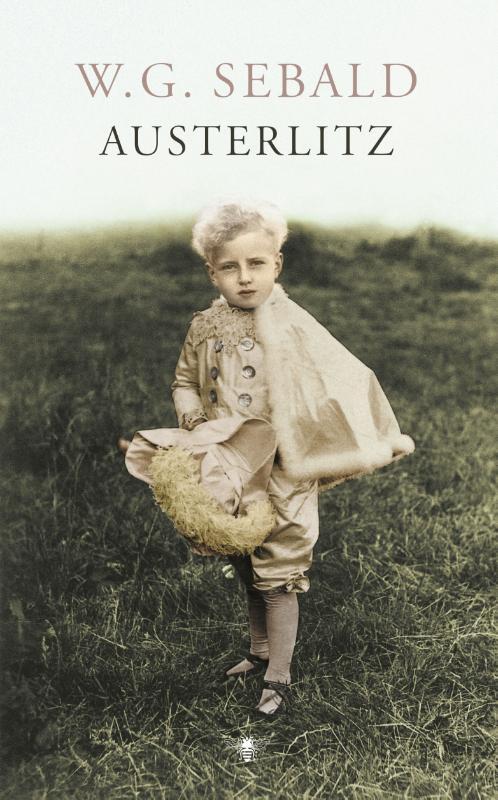
Austerlitz, Sebald (2001)
Austerlitz is like nothing I’ve ever read—a single paragraph flowing like a river, alternately rushing and quiet, oxbowing through a life, ordinary objects coming into glory like sun catching quartz on the bank, fear, wildness, sighing in the deep valley. I’m not sure that the narrator is necessary. I’m not even sure that the eponymous…
-
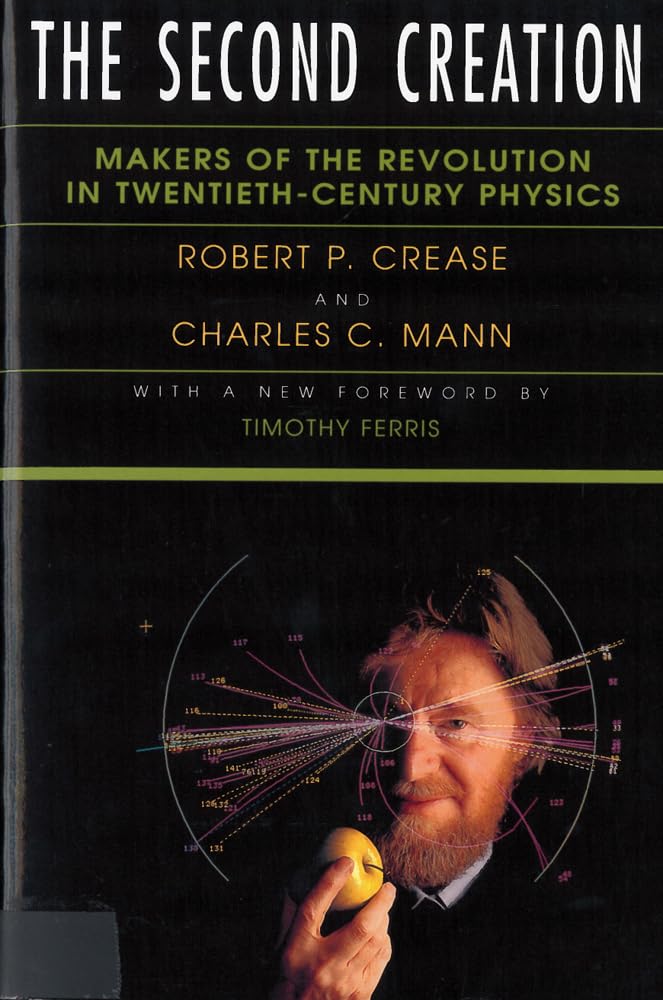
The Second Creation, Crease and Mann
Crease and Mann write in the afterword of The Second Creation that they sought to tell the history of the Standard Model through the words of those most closely involved. This they do, admirably. Many of the scientists appear as deeply human, their flaws on clear display, and to flattering effect: humanness makes their subtle…
-

Middlemarch, Eliot (1872)
Middlemarch depicts a very particular people, place, and time: the English provincial middle-class of the 1830s. Eliot cares about detail. The speech of the characters, their behavioral decorum, the parsing of status and misfortune, even the physical details of habitat are described with such fidelity that the reader experiences a gradual change in focus. What…
-
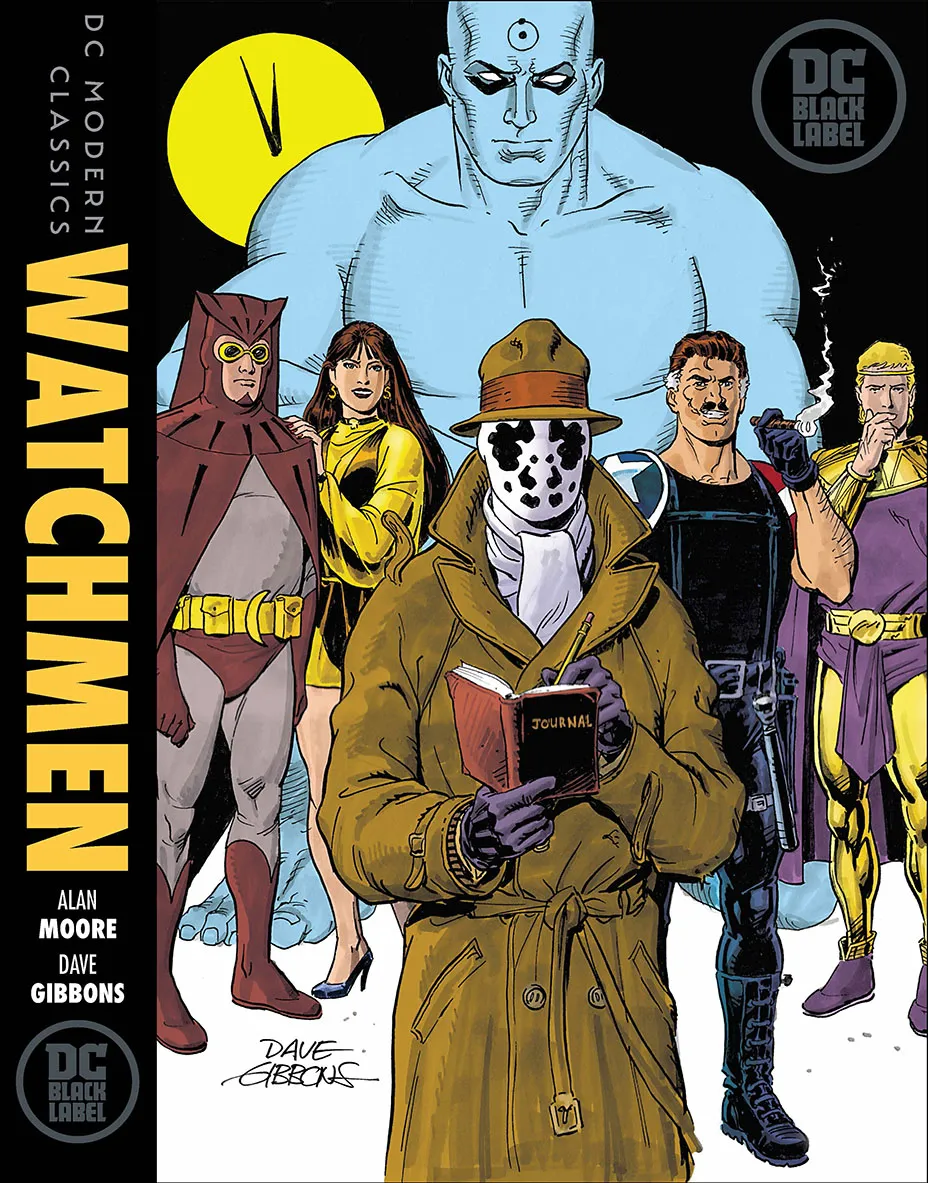
Watchmen, Moore & Gibbons (1986)
Eliza’s take: Armament as a deterrent to nuclear war is a sketchy proposition, yet 80 years since Hiroshima, that seems the only approach with traction. The world’s arsenals only grow, and no nation, if attacked, would not respond. The ensuing tit-for-tat would kill millions instantly, billions slowly, and turn the planet into a radioactive sunless…
-
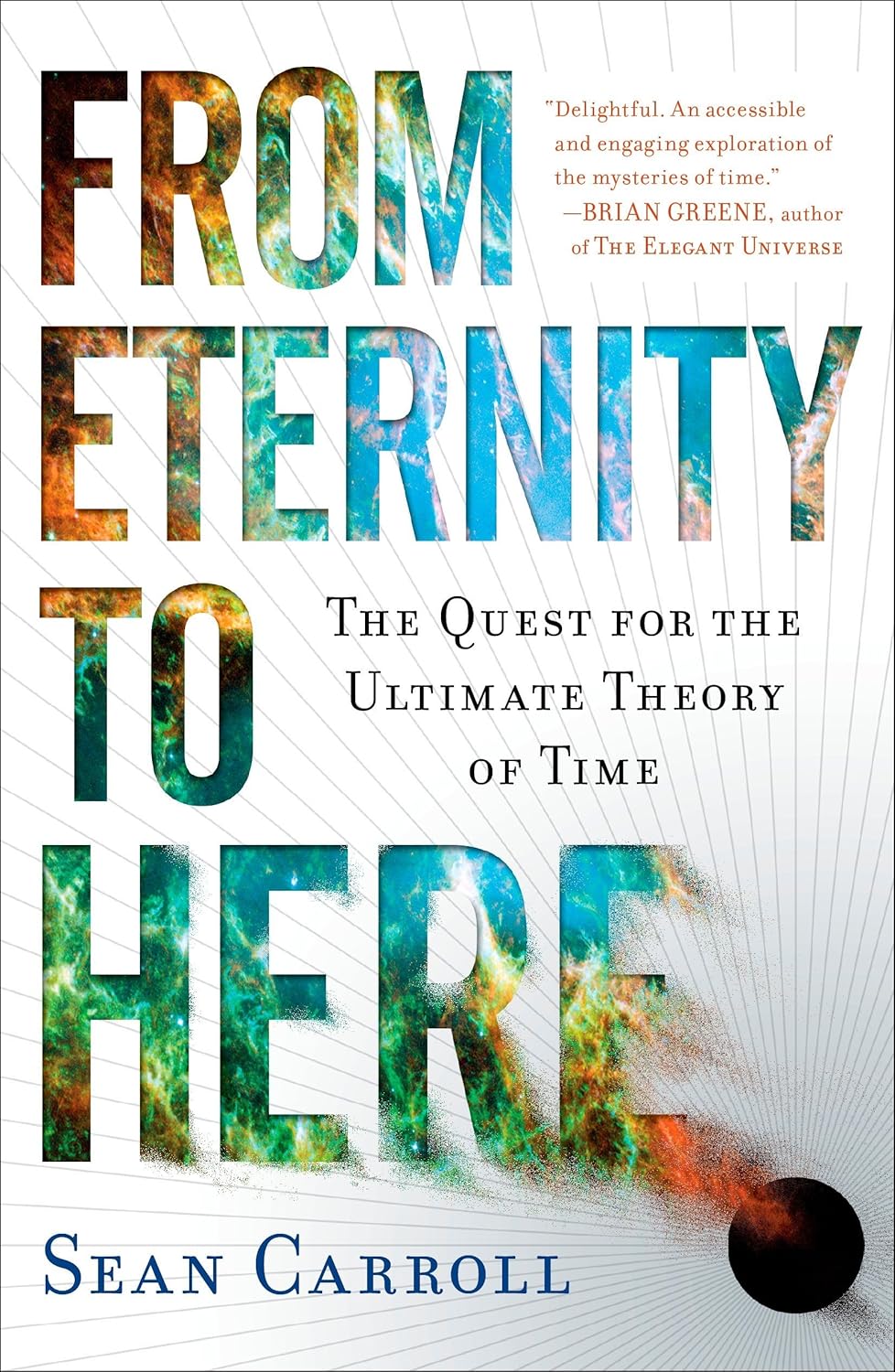
From Eternity to Here, Carroll (2010)
From Eternity to Here is the best available single-book popular treatment of time and entropy as understood by present-day physics. These are not easy topics. The history of the philosophy of time is byzantine, burdened with both wishful thinking and self-absorbed pessimism; and if there’s one modern topic that’s been thoroughly obfuscated by misuse (by…
-
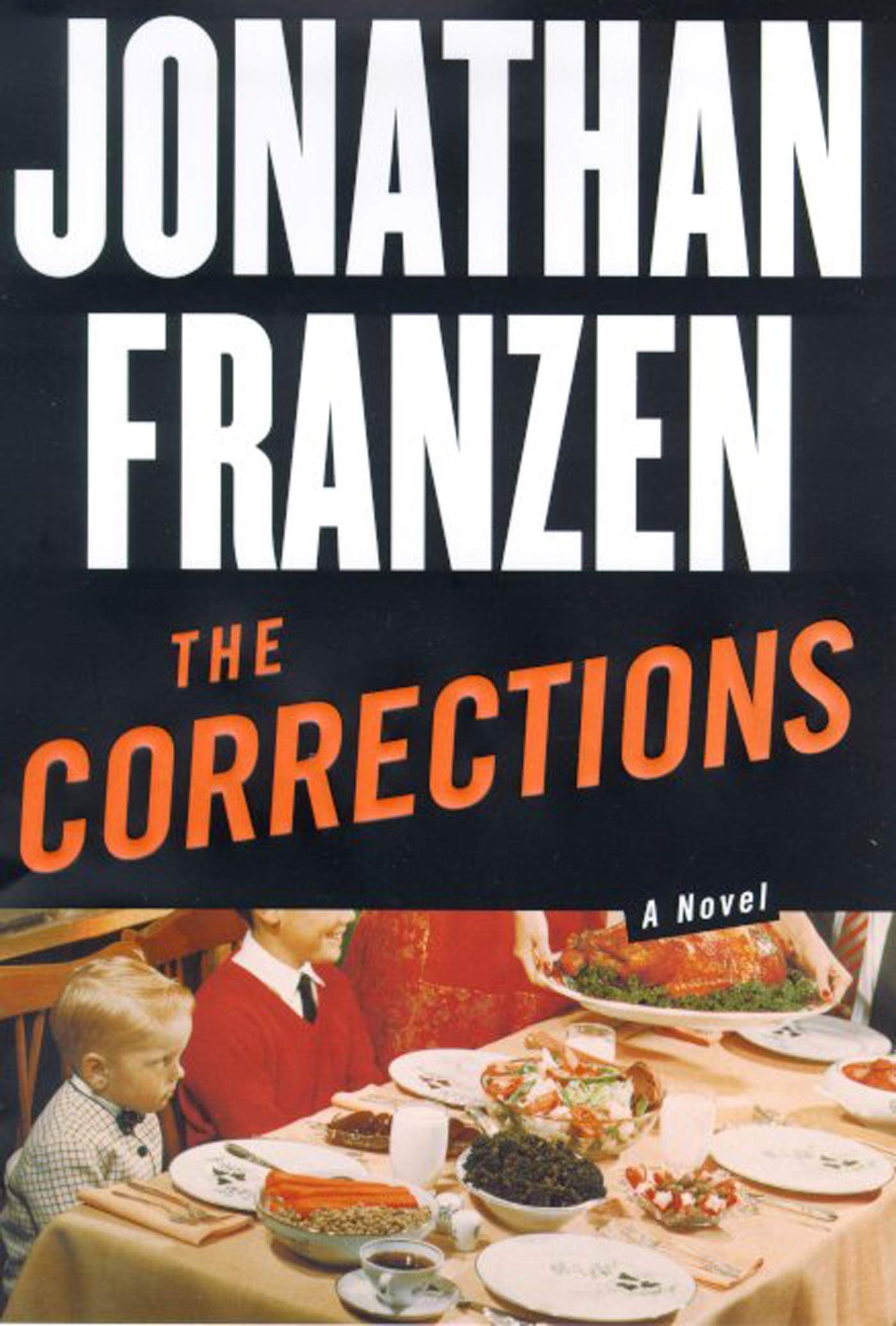
The Corrections, Franzen (2001)
There are good reasons why The Corrections is talked about in the same breath as the great 19th-century Russian novels. The book has similar ambitions—to explore psychological truths and social dilemmas through detailing the inner lives of a family—and Franzen is an undeniably talented storyteller. But I can’t recall having been more depressed reading a…
-
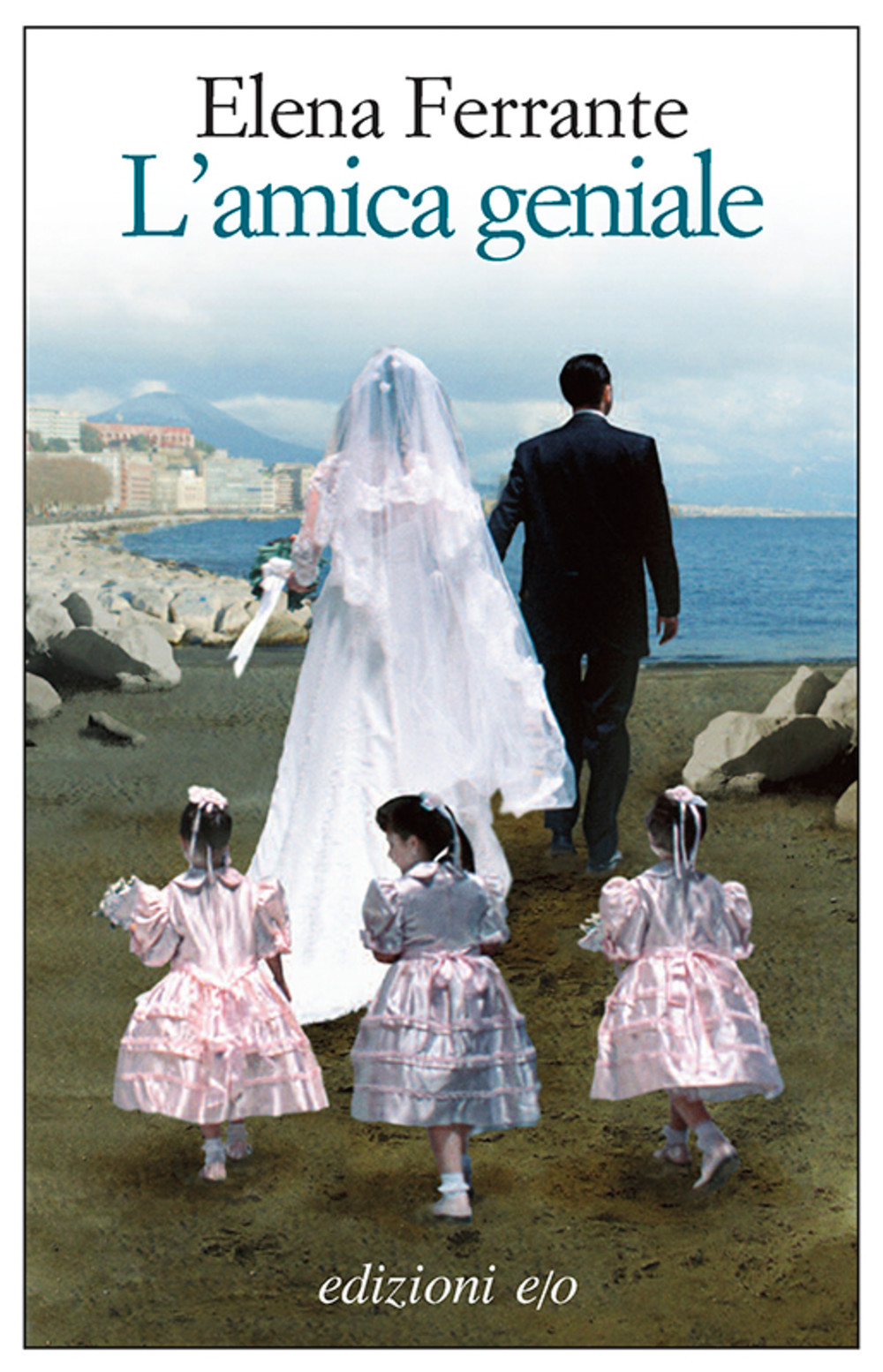
My Brilliant Friend, Ferrante (2012)
The New York Times recently released a list of the 100 greatest books of the 21st century, as chosen by over five hundred writers and critics. Number one on the list—the putative greatest book, fiction or non-fiction, of the last twenty-four years—is Elena Ferrante’s My Brilliant Friend. I don’t see it. The novel is a…
-
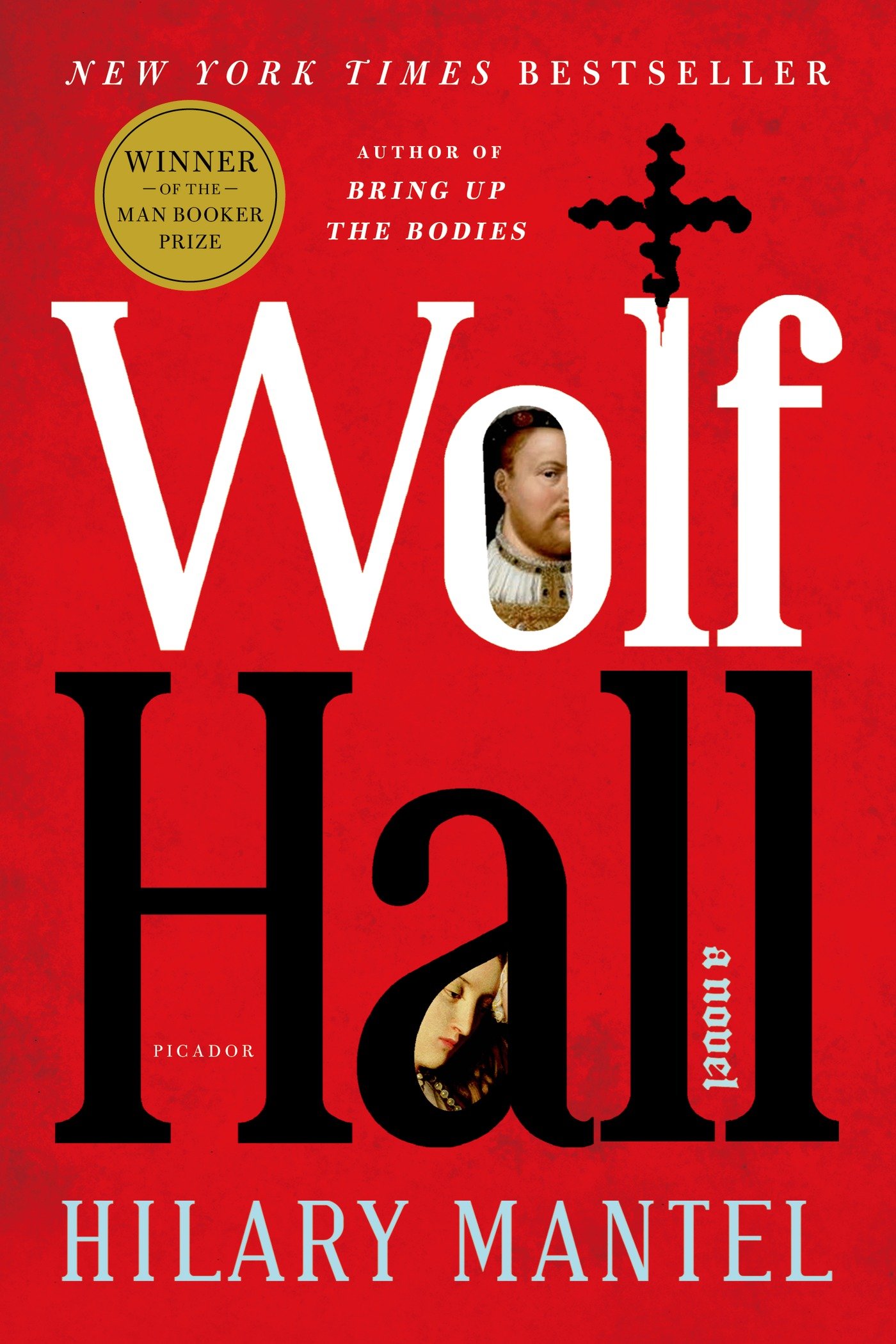
Wolf Hall, Mantel (2009)
Hilary Mantel’s Wolf Hall, the first in her trilogy of novels about Thomas Cromwell, chief advisor to the 16th century English king Henry VIII, is a rebuttal. Narrowly, it’s a rebuttal to A Man for All Seasons, Robert Bolt’s 1954 play (and later Academy Award-winning film) about Thomas More, Cromwell’s contemporary and greatest antagonist. In…